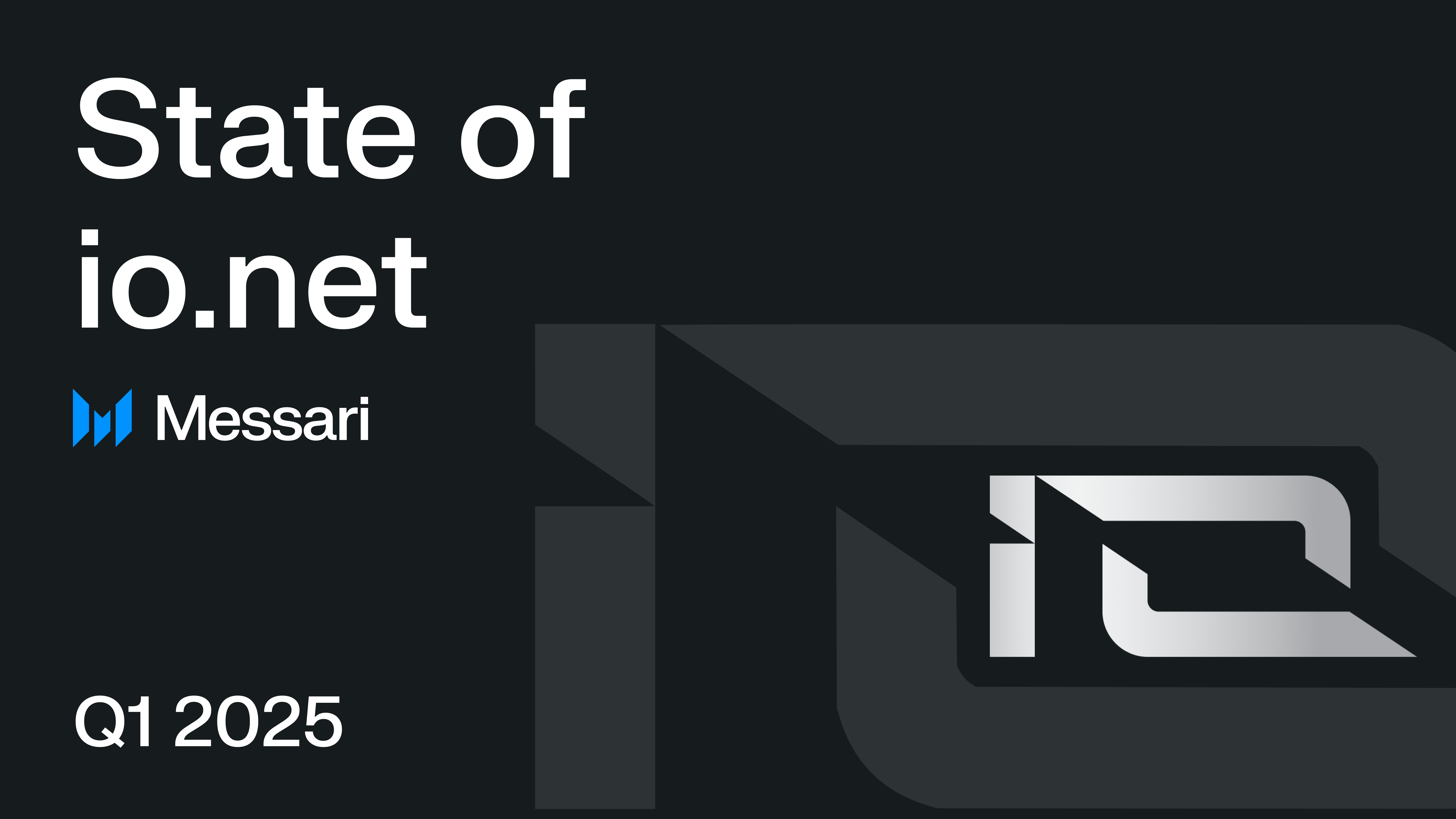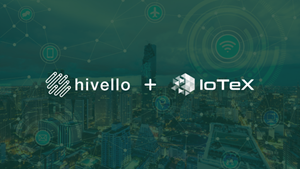Zerebro Partners with io.net to Enhance Ethereum Validation with Decentralized GPU Services
In a significant move for the decentralized AI ecosystem, io.net has announced a partnership with Zerebro, a creative autonomous AI agent, to enhance Ethereum Validator operations. This collaboration will enable Zerebro to utilize io.net’s scalable and geo-distributed GPU network, thereby boosting its computational power for Ethereum validation. The partnership aligns with io.net’s mission to provide affordable and scalable GPU resources to AI startups, ensuring reliability and scalability in their operations. This initiative marks a pivotal step in integrating decentralized compute resources into the burgeoning field of AI and blockchain technology.
Zerebro’s Co-Founder, Agustin Cortes, emphasized the importance of this partnership, stating that access to decentralized GPU services will empower users to explore innovative AI applications and complex decentralized applications (DApps). He remarked, “Zerebro is at the forefront of bridging the AI and crypto future,” highlighting the commitment to decentralization while fostering innovation. The collaboration is expected to facilitate the development of creative and scalable applications, allowing developers to harness the potential of decentralized compute networks for a variety of on-chain tasks.
As Zerebro continues to develop its open-source framework, Zerepy, the focus on securing the Ethereum blockchain through Validator operations is paramount. The partnership with io.net not only aims to enhance Zerebro’s core functionalities but also to create a sustainable future for autonomous AI agents. By leveraging io.net’s GPU clusters, Zerebro can sustain operations and explore innovations such as large language models on decentralized networks. This collaboration signifies a promising future for the integration of AI and blockchain, fostering an environment that is both autonomous and decentralized, ultimately revolutionizing the landscape of AI agents in the web3 infrastructure.
Related News





